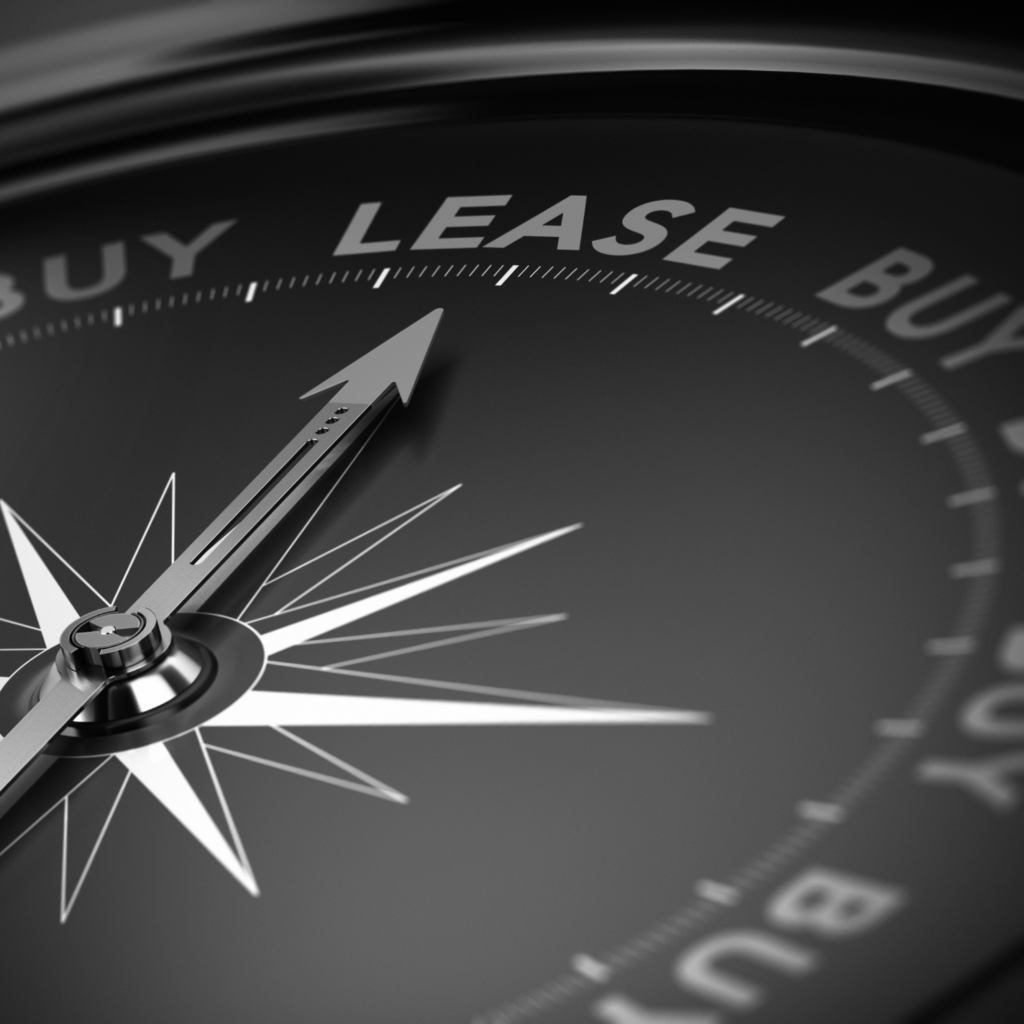Many big-ticket consumer items, such as cars, computers, and furniture, can be leased rather than purchased. In a lease, the lessor retains ownership of the item, and the lessee pays for the use of it.
TYPES OF LEASE
With a closed-end lease, the cost is known and no further money is due by the lessee at the end of the lease period. An open-end lease, on the other hand, may require an additional payment at the end of the period if the item’s actual value at that time is less than was projected at the start of the lease.
LEASING A CAR
For a car lease, there may be a charge for mileage over a certain limit. Most leases allow 12,000 to 15,000 miles a year with a fee of 10 to 25 cents for each additional mile. Some leases require an up-front payment, known as a capitalized cost reduction. When the lease is over, you do not own or have any equity in the car. Wear and tear that you regard as normal could be billed as damage at the end of a lease. A penalty often applies if you need to terminate a lease early.
A car lease may make the most sense if the driver prefers to have a new car frequently, wants to have lower monthly payments compared to a purchase loan, and keeps mileage of the vehicle low. Other than the capitalized cost reduction, a lease may also avoid the need for a material down payment. Consumers with better credit scores qualify for the low or no down payments that may be advertised in commercials. Many leases correspond to the length of warranty coverage, which could mean fewer out-of-pocket repairs.
LEASING VERSUS BUYING
Whether for a car or other assets, these are the questions to consider in the decision to buy or lease:
1. Is the asset likely to go up in value? If so, buying is generally preferable.
2. Are there income tax advantages for you (or your business) to one or the other choice?
3. Is the item possibly going to become obsolete soon? In that case, leasing is probably preferable.
4. Might improvements be made to the asset at your expense? If so, purchasing may be the way to go.
5. How long is the manufacturer’s warranty period, compared to how long you may lease or own?
6. Are your insurance needs or costs different between a lease and purchase?
7. What happens if the asset is lost, stolen or damaged beyond repair?
Comparing leasing versus owning involves personal preferences as well. For example, you may simply like the idea of owning an asset outright and not making any monthly payments. Others may prefer low monthly lease payments, to keep more cash available for other opportunities or obligations. In either case, shopping around from multiple vendors is important to compare different offers, incentives and service. Separately negotiating the price, any trade-in value and competitive financing apply whether you lease or buy. If you are intimidated by a salesperson or don’t feel that you are getting a competitive deal, be prepared to walk out.
Of course, every situation is unique; you should always consider consulting with your financial planning professional for more tailored advice.



